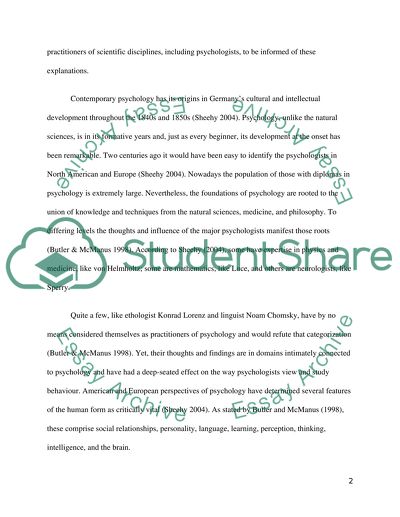Cite this document
(“Tracing the Definition of Psychology Essay Example | Topics and Well Written Essays - 1250 words”, n.d.)
Retrieved from https://studentshare.org/psychology/1427825-what-is-psychology
Retrieved from https://studentshare.org/psychology/1427825-what-is-psychology
(Tracing the Definition of Psychology Essay Example | Topics and Well Written Essays - 1250 Words)
https://studentshare.org/psychology/1427825-what-is-psychology.
https://studentshare.org/psychology/1427825-what-is-psychology.
“Tracing the Definition of Psychology Essay Example | Topics and Well Written Essays - 1250 Words”, n.d. https://studentshare.org/psychology/1427825-what-is-psychology.


